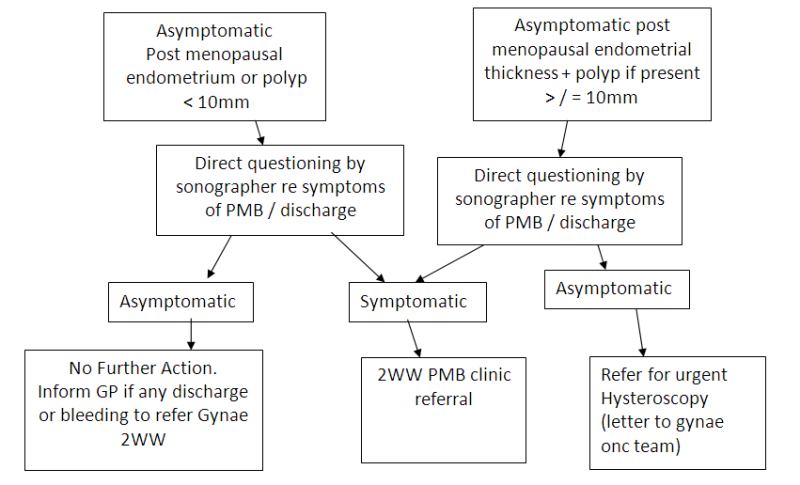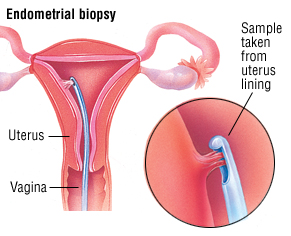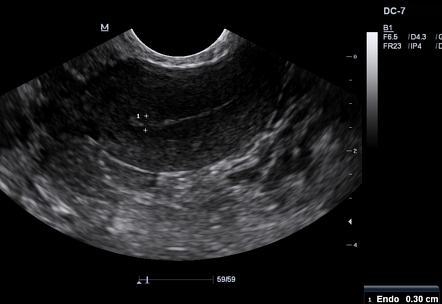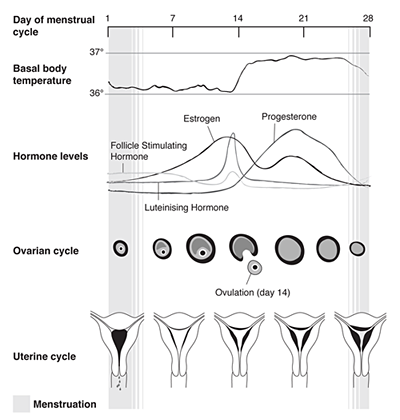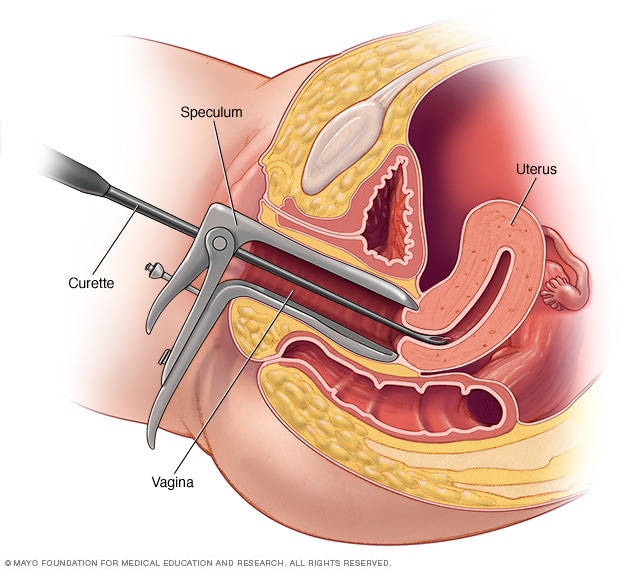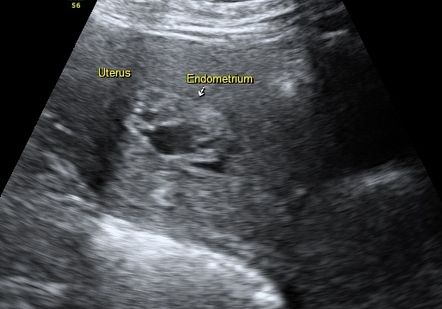Thick Lining Of The Uterine Wall After Menopause

Thickening of the uterine lining is often just benign hyperplasia or it can be from benign uterine polyps endometrial hyperplasia.
Thick lining of the uterine wall after menopause. If you are truly postmenopausal and not on. In imaging tests of young females who. Thickening of the uterus lining is a normal phenomenon for every woman in her premenopausal age. There are four types of endometrial hyperplasia.
In most cases endometrium thickening is non cancerous benign. The risk that a uterine lining of 4 1 mm would be associated with cancer is so remote as to be negligible. What causes thickened endometrium. In postmenopausal women the lining of the uterus known as the endometrium or uterine lining should really be no thicker than 4 to 5 millimeters.
The normal thickness of the endometrium changes throughout a person s life from childhood through to sexual maturity fertile years and after menopause. Schink points out it can eventually lead to malignancy. In some cases it goes away on its own. In other cases it may be treated with hrt or.
Your endometrium is not too thick. Endometrial hyperplasia is caused by a presence of excessive cells in the lining of the uterus. Endometrial hyperplasia is a condition in which the endometrium lining of the uterus is abnormally thick. The inner wall of uterus is medically called endometrium.
However if fertilization does not occur hormone levels decrease triggering menstruation which is due to the shedding of the uterine lining. After menopause you may have too much estrogen and too little progesterone. The types vary by the amount of abnormal cells and the presence of cell changes. As a result the endometrium gets thicker and can bleed.
You may have endometrium thickening at this point. For a young woman in her menstrual age the inner wall of uterus gradually becomes thick every month to facilitate easy embedment of the fertilized egg. Uterine lining is ok. A thickened uterine wall.
This is thickening of the uterine lining and it is not always a sign of cancer even though as dr.


